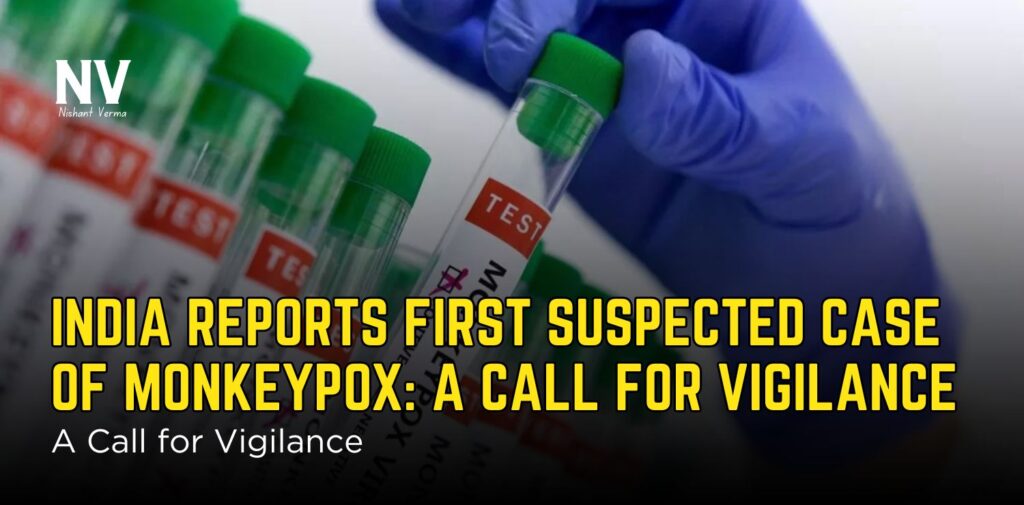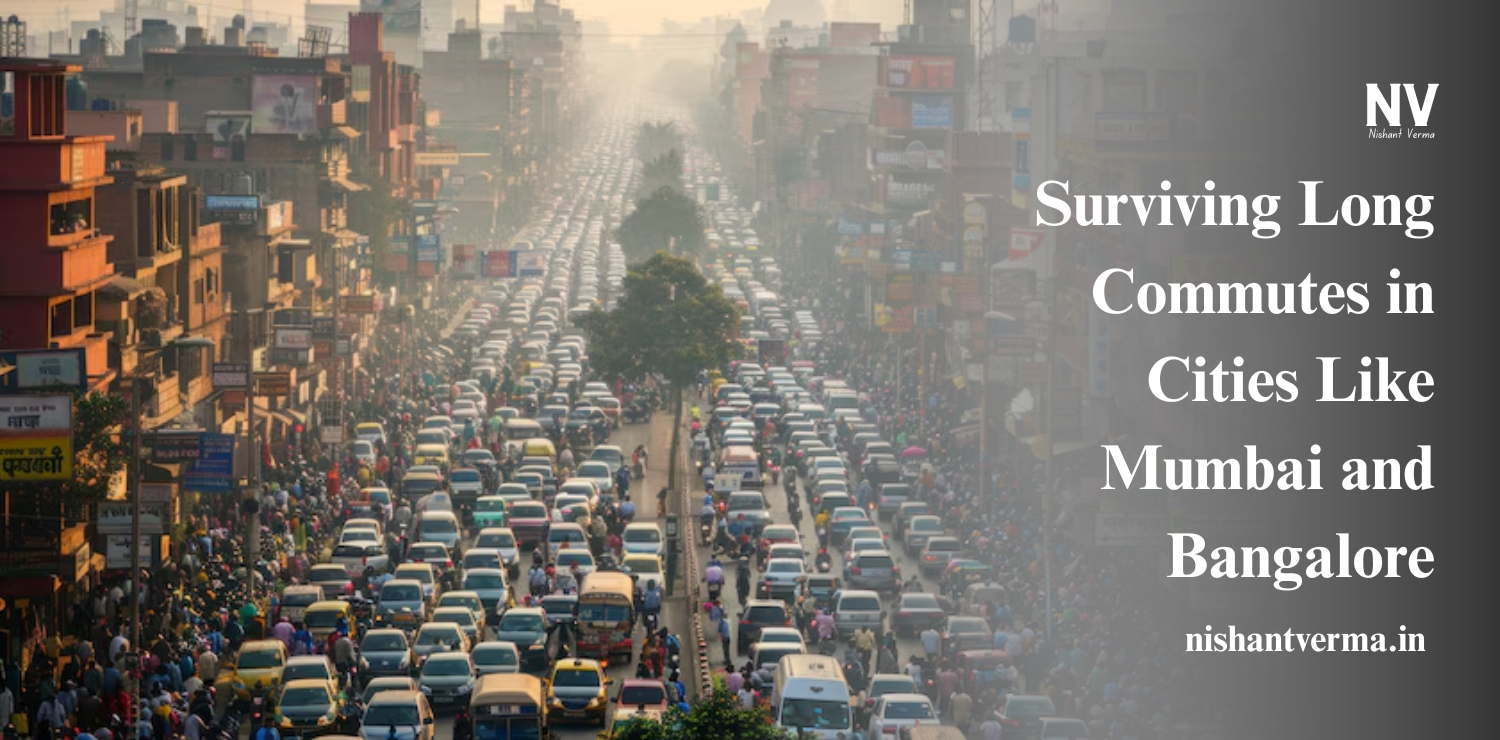On September 8, 2024, India reported its first suspected case of monkeypox, a viral disease that has raised global concerns since its outbreak in several countries over the past few years. This development highlights the need for increased awareness, preparation, and strict preventive measures to avoid the potential widespread transmission of the virus. In light of this case, the adage “precaution is better than cure” rings truer than ever, especially when managing contagious diseases.
The Emergence of Monkeypox
Monkeypox is a zoonotic viral disease, meaning it can be transmitted from animals to humans. The virus is similar to the smallpox virus, although it is less severe and often results in milder symptoms. Monkeypox was first discovered in 1958 in monkeys kept for research, hence its name. However, the primary carriers of the virus are rodents and other wild animals.
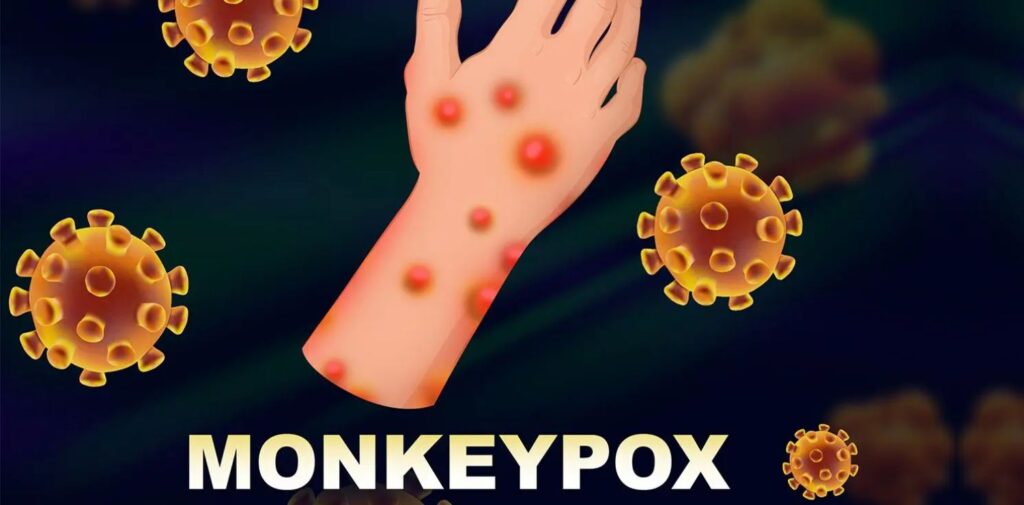
The first human case was reported in the Democratic Republic of Congo (DRC) in 1970. Since then, outbreaks have been sporadic, primarily in central and western Africa. Recently, however, the virus has spread globally, with cases emerging in non-endemic countries, raising significant concerns about its ability to trigger widespread health crises.
India’s First Suspected Case
The Health Ministry confirmed that a patient suspected of having monkeypox was placed under isolation. Initial reports suggest that the individual may have contracted the virus through contact with an infected person. However, further tests are required to confirm the case.
Monkeypox symptoms include fever, headache, muscle aches, and a characteristic rash that spreads across the body. Although most cases are mild and resolve on their own within a few weeks, severe cases can occur, especially in immuno compromised individuals. The mortality rate for monkeypox is generally low, but the disease’s potential to spread, especially in densely populated areas, makes it a cause for concern.
The Importance of Swift Action: “Precaution is Better Than Cure”
As the world continues to recover from the COVID-19 pandemic, the emergence of monkeypox in India serves as a reminder of the critical need for vigilance in managing emerging infectious diseases. The maxim “precaution is better than cure” holds great relevance in this context.
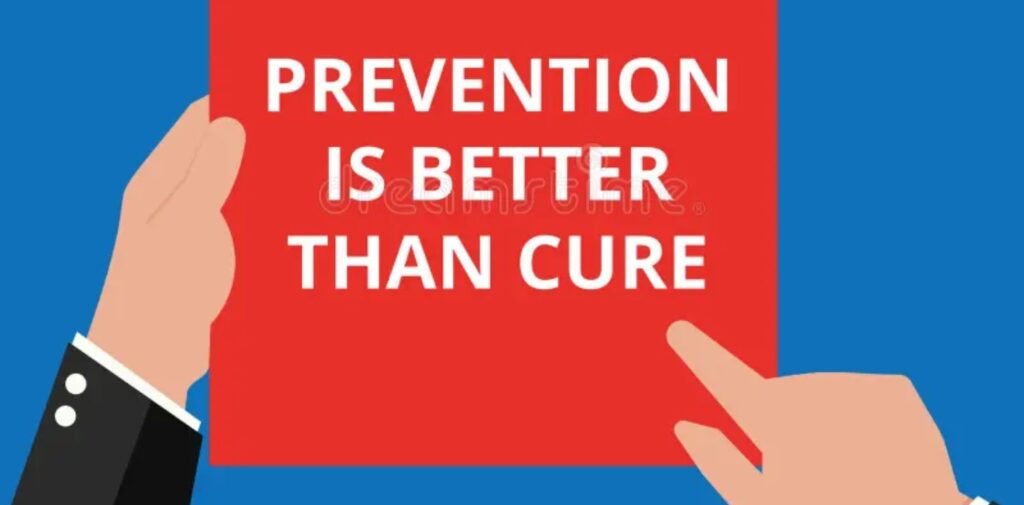
One of the key lessons from the COVID-19 is the importance of early detection, containment, and preventive measures in controlling the spread of disease. Governments and health agencies need to act swiftly to prevent further transmission by adopting proactive approaches.
Early Detection and Screening
The first step in preventing the spread of monkeypox is early detection. Rigorous screening measures at airports, seaports, and other points of entry should be implemented to detect travelers who may be carrying the virus. This includes monitoring for symptoms such as fever, rash, and other associated signs. In the suspected case in India, isolation was initiated quickly, which is a positive step. But such efforts need to be scaled up across the country.
Contact Tracing and Isolation
Effective contact tracing is crucial in limiting the spread of monkeypox. Once a case is detected, it is essential to identify individuals who may have been exposed to the infected person. This involves thorough investigations to trace the patient’s recent movements, contacts, and possible points of infection. In the suspected case in India, immediate isolation is a wise preventive measure, but authorities must go further to ensure any potential transmission chains are broken.
Vaccination and Preventive Measures
While smallpox vaccines are known to provide some protection against monkeypox, countries must consider introducing or ramping up vaccination programs targeted at high-risk populations. Healthcare workers, who are more likely to be exposed to the virus, should be prioritized for vaccination, as they will be on the front lines of any potential outbreak.
Furthermore, public health campaigns should focus on educating the population about the importance of hygiene, wearing masks, avoiding close contact with sick individuals, and reporting any unusual symptoms to healthcare professionals. These preventive measures will play a key role in controlling the virus’s spread.
International Cooperation and Global Monitoring
India’s experience with the first suspected case of monkeypox should not be seen in isolation. Given the global nature of infectious diseases, international cooperation is paramount in managing outbreaks. The World Health Organization (WHO) has been actively monitoring the spread of monkeypox and providing guidelines to countries on managing potential cases.
India’s health authorities should work closely with international organizations and other countries to ensure that best practices in handling and containing monkeypox are followed. Global collaboration can also aid in the research and development of better treatments, vaccines, and diagnostic tools for monkeypox and other emerging diseases.
Learning from the Past: The COVID-19 Experience
The COVID-19 pandemic brought to light several gaps in healthcare systems worldwide, including issues with testing, vaccine distribution, and public health communication. It underscored the importance of being prepared for unexpected outbreaks and adopting a proactive mindset rather than a reactive one.
In India, COVID-19 overwhelmed the healthcare system at various points, leading to critical shortages of hospital beds, oxygen, and medical staff. To prevent a similar scenario with monkeypox, early planning and preparation are essential. Strengthening healthcare infrastructure, increasing funding for disease research, and ensuring adequate supplies of personal protective equipment (PPE) can help India respond more effectively to future outbreaks.
Public Awareness and Education
In the fight against monkeypox, public awareness will play a significant role in reducing panic and ensuring that citizens follow guidelines. India should launch awareness campaigns, similar to those implemented during the COVID-19 pandemic, to inform people about the nature of the virus, its symptoms, and how to prevent transmission.
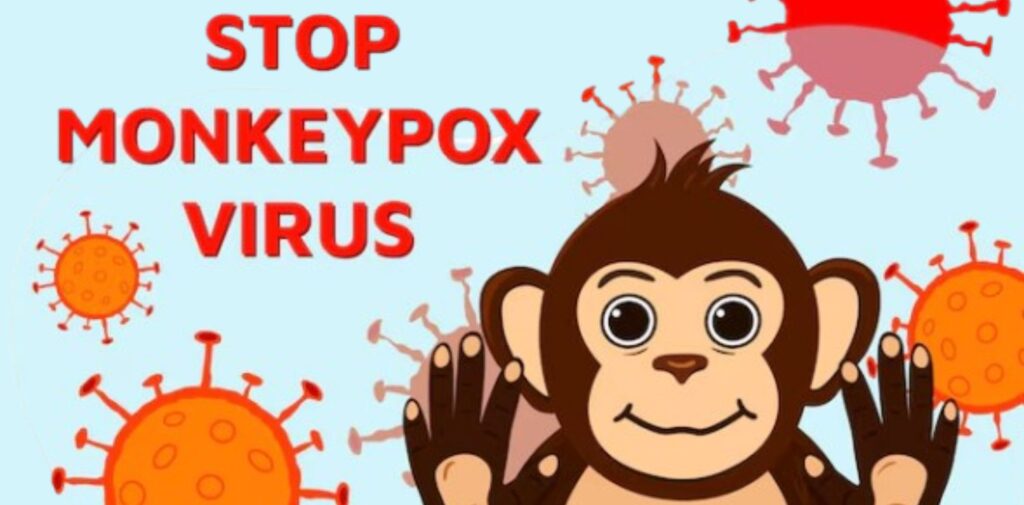
Social media, television, and radio can be used to spread important messages and updates on monkeypox. Misinformation, a problem that exacerbated the COVID-19 pandemic, should be actively countered by providing clear, accurate, and science-based information to the public. The goal should be to empower individuals to take responsibility for their health and the health of their communities.
Economic Implications of Preventive Measures
Though prevention comes with its costs, the economic impact of failing to act could be far more severe. The COVID-19 pandemic triggered lockdowns, business closures, and disruptions to daily life that caused significant economic damage. By prioritizing precautionary measures now, India can minimize the economic fallout associated with a full-blown monkeypox outbreak.
Investing in healthcare, disease prevention, and public health campaigns is not only a medical necessity but an economic one. The sooner the virus is contained, the less likely it will be for the government to impose stringent measures such as lockdowns or travel restrictions, which could hamper economic growth.
Conclusion: Vigilance Is Key
India’s first suspected case of monkeypox is a critical reminder of the importance of maintaining vigilance when it comes to public health. As we have learned from past experiences, early intervention is the key to preventing widespread transmission and protecting the health of the population. By embracing the philosophy that “precaution is better than cure,” India can lead by example in managing monkeypox and other emerging diseases, ensuring the health and safety of its citizens while minimizing the economic impact of potential outbreaks.
Health authorities, government agencies, and citizens must work together to ensure that proactive steps are taken to prevent a serious health crisis. In doing so, India can navigate this challenge effectively and set a precedent for dealing with future health threats.

